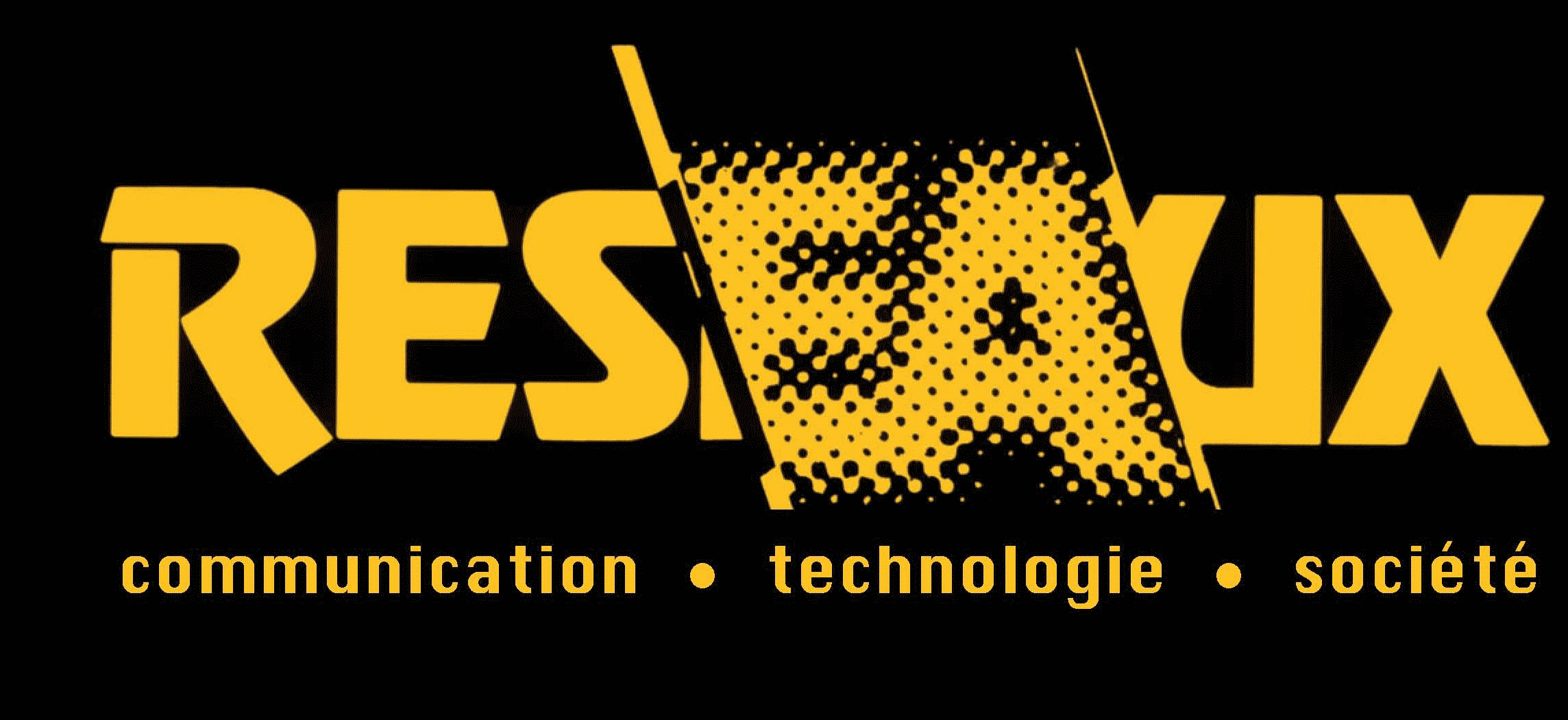In search of resonance
This article outlines a diagnosis of the unchained media society, without prejudging a preconceived pathology, and defends the internet generation against a condescending critique of modernity. It first looks back at the 20th century, during which the social character switched from the neurasthenic personality to the authoritarian personality, and then to a narcissistic type of socialization. From the beginning of the 21st century, several diagnoses of the era clash in the discourse on the individual’s relationship to society. The most influential theses on psychoanalytic discourse are those of Alain Ehrenberg, with ‘the exhausted self’, and of Hartmut Rosa, with ‘acceleration of time’, and for whom the typical illness of the present era is depression. A virulent critique of modernity evokes the annihilation of a subject subjugated to the limitless grip of manipulation in ‘digital totalitarianism’. In contrast to this cultural pessimism, the author examines here, in light of applied relational psychoanalysis, the emergence of the new and the unprecedented in the digitalized and globalized media world: a structural change of the public that democratizes media narcissism, as well as a structural change of the contemporary psyche. An acknowledged model of identity is thus emerging in the media society, which can be related to a conception of identity embedded in psychological development and summed up as ‘I am seen, therefore I am’!
- resonance
- relational psychoanalysis
- intersubjectivity
- social character
- social media
- digital
- modernity
- diagnosis of the times
